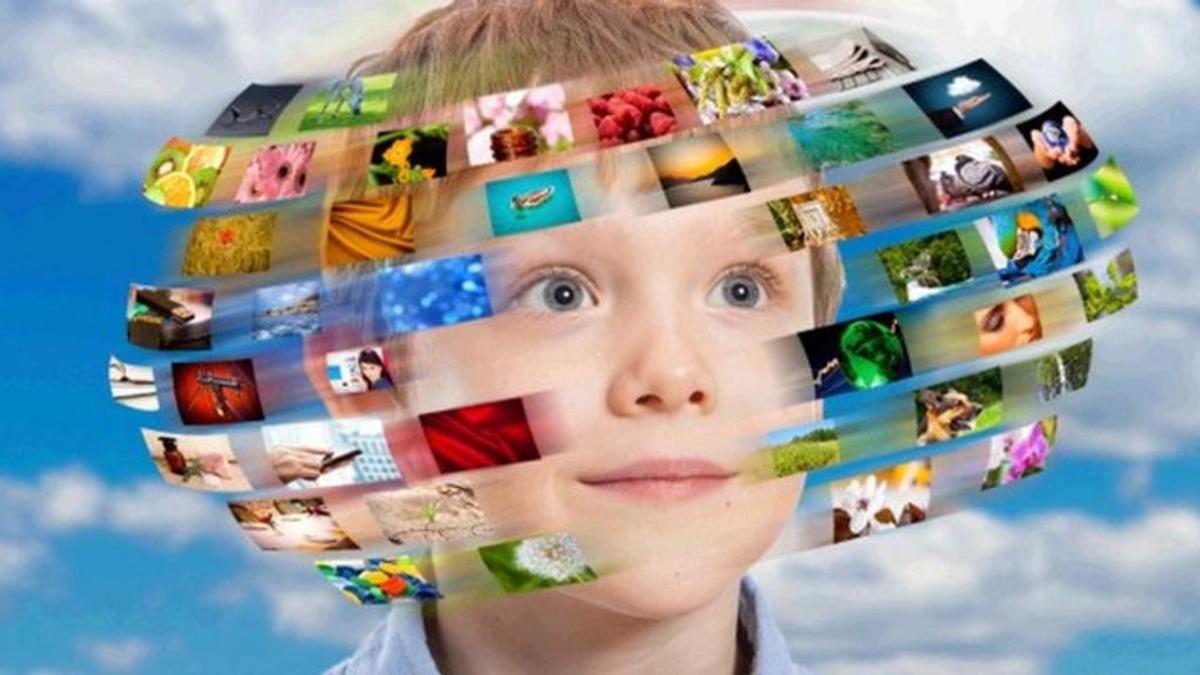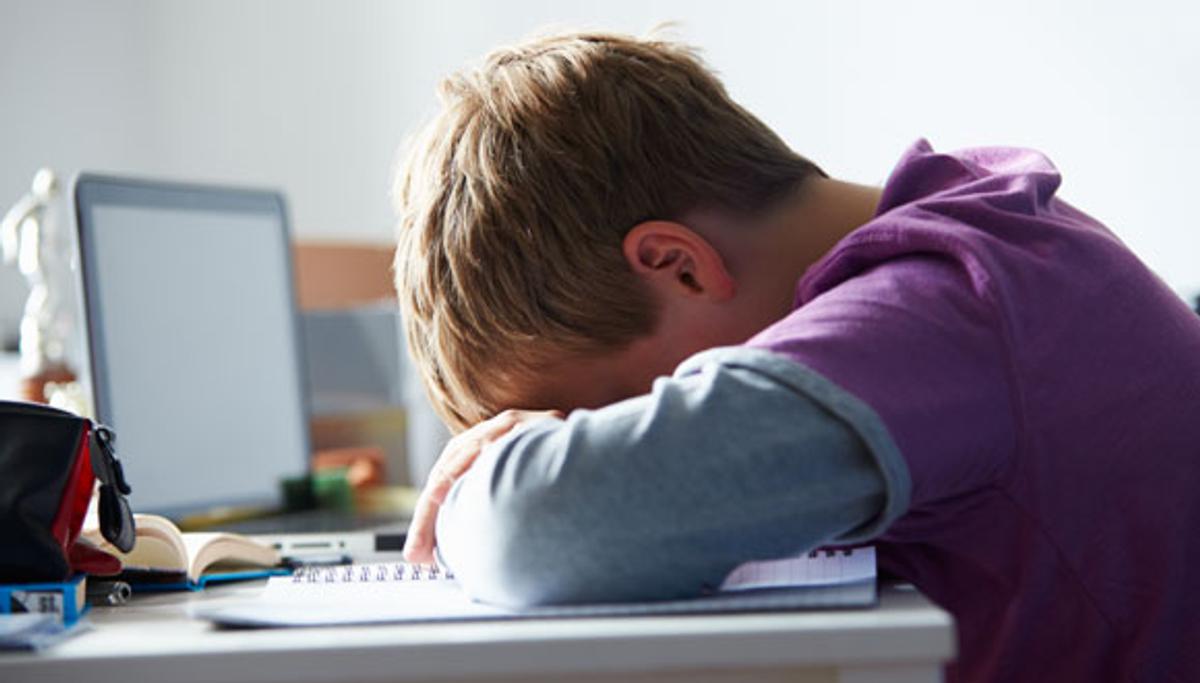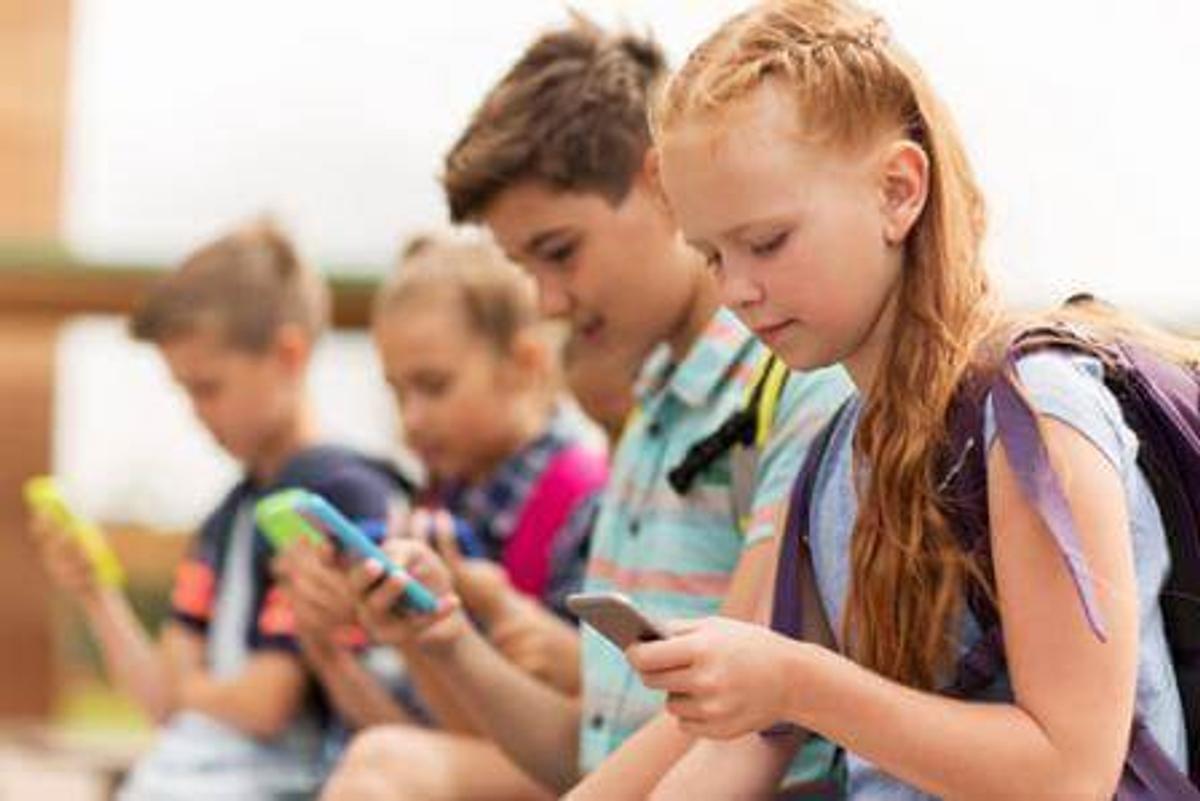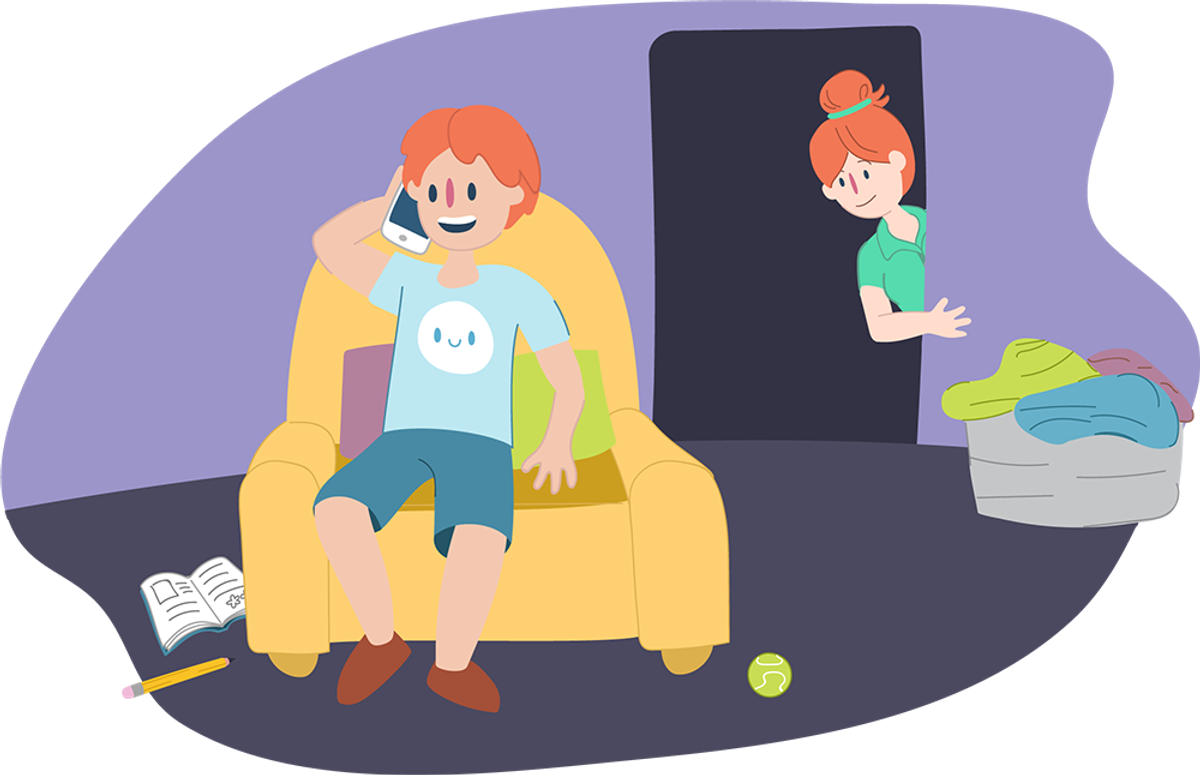Being Well at Magill
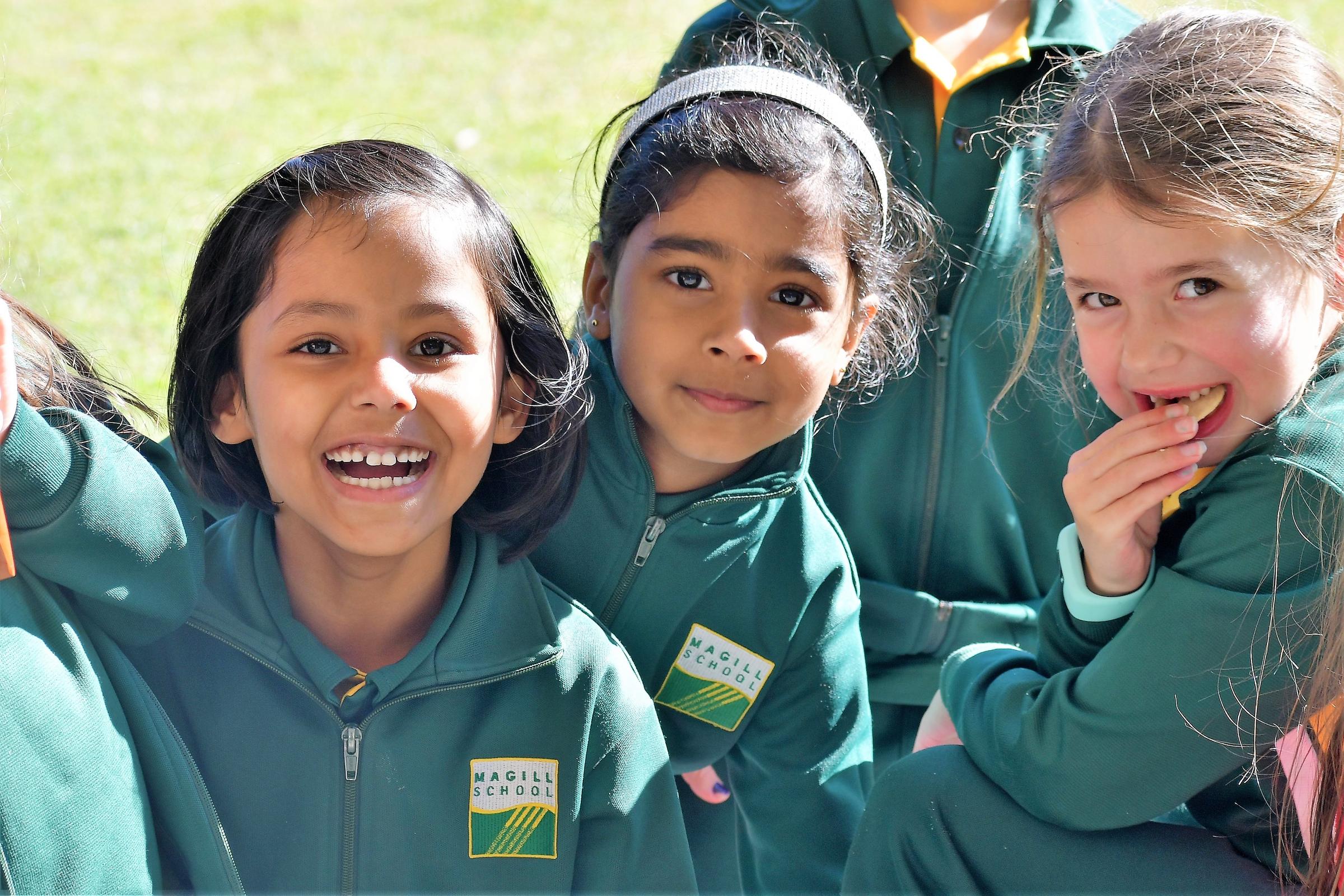
How to find balance and improve concentration in the digital world
Welcome back Magill families. While definitely not the start we imagined as we commenced our summer holidays, as always, the school community: parents’, teachers’ and support staff work together to achieve the best outcome for our children. Deciding on an appropriate first 2022 topic for our ‘Being Well at Magill’ page needed some thought. In the end, the fact that many of our children are at home, online learning provided a good place to start. While most of us accept the digital world as part of our everyday lives, it is important to consider ‘How much is enough?’ ‘What is too much?’ ‘How do we find balance?’ Below is a short summary of a recent article featured in The Guardian (link to whole article provided below), which looks at how the impact of being connected to the digital world affects our concentration.
The more time we spend connected to the digital world, the more our ability to concentrate is reduced. Constant interruptions affect concentration. Some studies have shown this can also lower our IQs by as much as 10 points (Dr Glenn Wilson: London Institute of Psychiatry).
Nicholas Carr (author of ‘The Shallows’), talks about how increased time spent in the digital world has meant he has lost the art of reading for any length of time. What was once easy is now a challenge, he cannot read more than a few pages at a time before becoming restless and losing focus.
Studies have shown an interruption of 5 minutes may take up to 15 minutes to recover from before returning to pre interruption levels of concentration. If we are interrupted 5-8 times an hour (this is deemed to be the average), we may never be concentrating at our full potential!
Are we multitasking or are we simply switching rapidly between different activities and giving tasks continuous partial attention? Experts argue that long term this behavior creates a hyper alert state; we feel the need to be constantly checking in to our devices which further interrupts focus and concentration.
So, if this is the impact on adults, how does spending an increasing amount of time in the digital world affect our children? What can we as parents and educators do to improve our children’s concentration levels?
It will come as no surprise to parents that according to The Child Mind Institute, phones and devices are where young people do a lot of their socialising now, especially at pre-teen and teenage years. Young people at this age are wishing to develop their own identity separate from their parents, forming friendships with their peers. Social media provides the perfect platform for this to occur. Children and young adults have poorer impulse control than adults, so if you think about how often you are checking in with your devices and how much control it takes for you to take a break, imagine how much harder it is for a child?
Tips to improve concentration
It is not all bad news. We can improve our concentration. According to Jeremy Dean, a psychologist and the author of Making Habits, Breaking Habits, it takes about three weeks for a repeating behaviour to form a habit. It will take time to develop new, healthier habits. Start small and build up.
- Get your child to switch off social media alerts while doing homework for example thereby setting up a homework routine that does not involve any social media. Explain to you child this is to help with focus, make the task easier and quicker as there will be no distractions. Incorporate mini ‘check in’ breaks where your child can look at their social media for a short time before turning it off again and resuming homework.
- Try five minutes more. Whenever your child feels like quitting, try to go for five minutes more, whether it be reading, homework, music practice. It will help develop focus and concentration.
- Try using mindfulness books or apps (yes, it is digital but we are NOT saying the digital world is bad, just that we need balance) to help your child calm, focus and meditate.
- Exercise and sleep: regular exercise and a good night’s sleep help to refresh our body and mind which will also enhance our ability to concentrate for greater periods of time.
- Device free breaks/holidays. Try to get away for the weekend and leave all devices behind.
We all live in a world of digital technology; however, balance is achievable and is worth working towards for our overall wellbeing.
https://childmind.org/article/kids-shouldnt-use-phones-during-homework/
Need Professional support or advice?
KidsHelpline: 1800 551 800
Beyond Blue: 1300 224 636
Lifeline: 13 11 14

